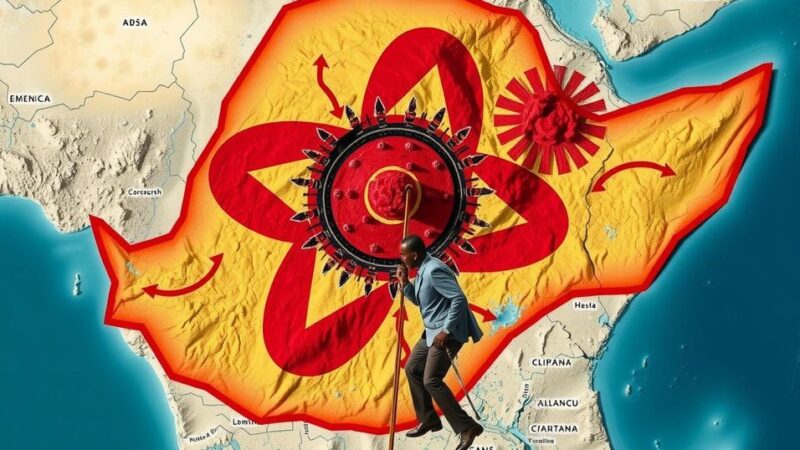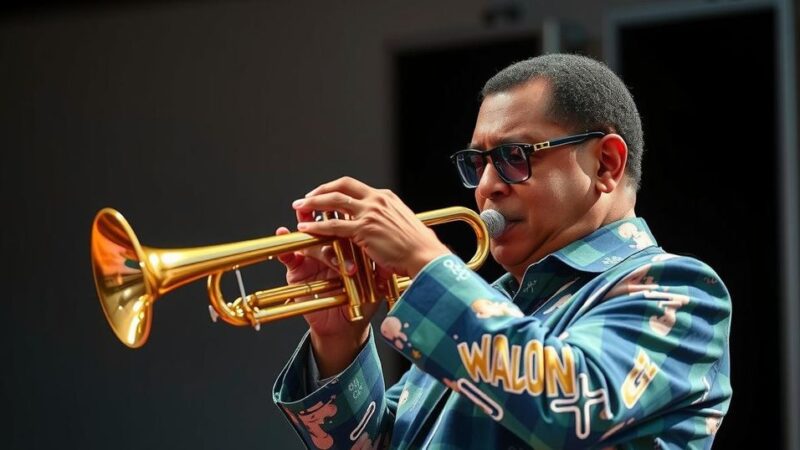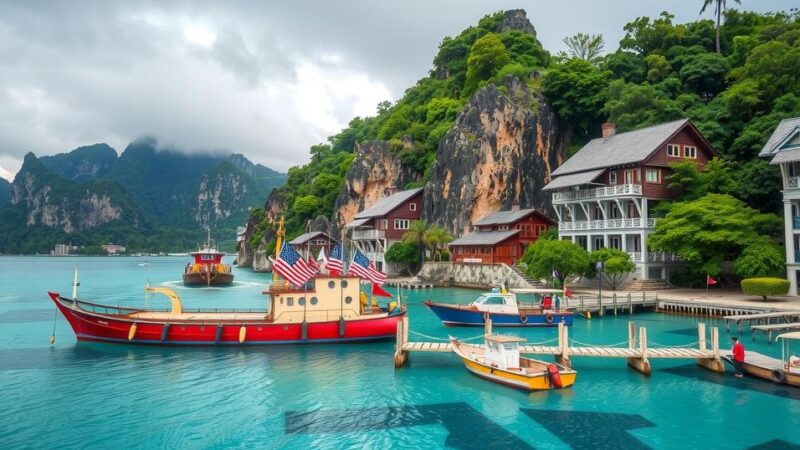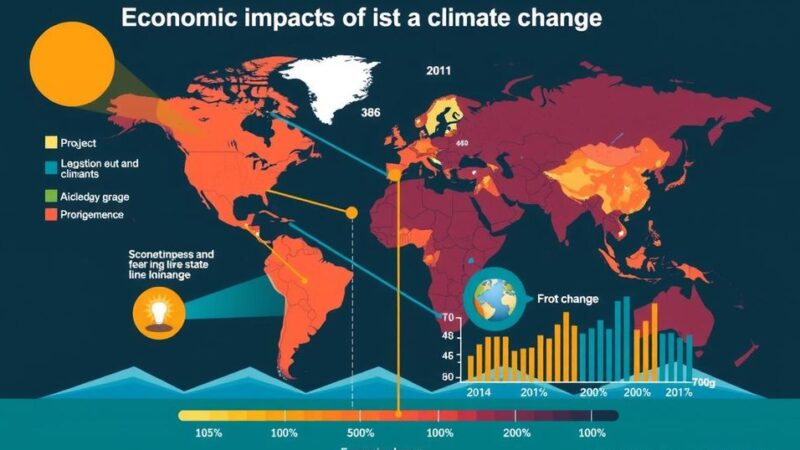The International Court of Justice is hearing arguments from multiple countries regarding the legal obligations associated with climate change, particularly its impact on vulnerable populations. Brazil, Canada, and China emphasized the need for collective action and climate justice through the principle of Common but Differentiated Responsibilities. The Court’s forthcoming advisory opinion in 2025 is vital for shaping state responsibilities under international law concerning climate action.
The International Court of Justice (ICJ) is currently engaged in hearings addressing the pressing challenges posed by climate change and its extensive impacts on vulnerable populations, particularly Indigenous communities. During the ongoing sessions, which began on December 3, 2024, UN member states are presenting their arguments regarding the legal obligations to combat climate change. The need for a comprehensive advisory opinion from the Court highlights the crucial role of international law in safeguarding both human rights and environmental integrity.
On December 4, representatives from Brazil, Canada, and China emphasized the significance of collective action against climate change. Brazil, through its Ambassador for Climate Change, Luiz Alberto Figueiredo, articulated its commitment to inclusivity and climate justice amidst challenges posed by climate-related disasters. He referenced Brazil’s Nationally Determined Contribution (NDC) aiming for a substantial emissions reduction by 2035, asserting that global cooperation is vital to ensure that marginalized communities are not left behind.
Legal frameworks underpinning climate governance were also central to discussions, particularly the principle of Common but Differentiated Responsibilities and Respective Capabilities (CBDRRC). Professor Jorge Galindo, Brazil’s legal advisor, urged for the acknowledgment of historical responsibilities of developed nations while ensuring that climate measures do not restrict global trade. Canada’s representative, Louis Martel, identified climate change as a prominent threat and called for a coherent treaty-based approach while reflecting on principles such as the “no harm” obligation.
China, represented by Ma Xinmin, focused on the necessity of equitable responses to climate challenges, denouncing unilateral actions by developed nations that undermine sustainable development in developing countries. Each state’s arguments reflect a collective recognition of the need for a fair, inclusive, and collaborative international framework to effectively address climate change.
The proceedings before the International Court of Justice are framed within the context of growing concerns regarding climate change and its disproportionate effects on vulnerable populations, particularly Indigenous peoples. As extreme weather events become more prevalent, the legal obligations of UN member states in relation to climate action are increasingly scrutinized. The ICJ’s advisory opinion, slated for 2025, is anticipated to delineate the responsibilities of states under international law, thereby shaping future climate policies globally. With 98 states participating in these hearings, the discussions aim to advance a unified legal approach to climate justice that considers both equity and developmental rights.
The hearings at the International Court of Justice underscore a pivotal moment in the global effort to address climate change through legal frameworks. By engaging various nations to express their views on collective responsibilities, the Court aims to clarify the obligations of states under international law related to climate change. The anticipated advisory opinion is crucial for promoting accountability and equity, ensuring that all nations contribute appropriately to the fight against climate change while safeguarding the rights of the most affected communities.
Original Source: www.ipsnews.net







